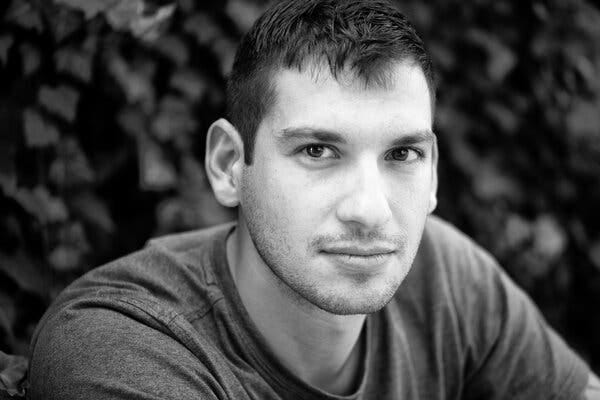Four Questions with Journalist Kenneth Rosen
His reported memoir chronicles the problem with “tough love” programs
One night as a teenager, Kenneth Rosen was woken up by two strangers, hulking men, at 2 AM. They were there to transport him to a so-called “tough love” wilderness rehabilitation program in upstate New York. He spent roughly 50 days in the Adirondacks and would spend a total of 299 days at similar programs around the country over the next several years.
The programs were harrowing experiences. At the unregulated facilities for troubled youth, teens were abused — emotionally, physically and sexually. “Therapy” sessions were based on pseudo-science and conducted by underqualified individuals. Teens struggling with addiction, anxiety, depression and other issues weren’t given the treatment they needed. Instead, as Rosen writes, “the programs oftentimes encourage a self-fulfilling prophecy.”
Years after leaving his last program, while working as a reporter at the New York Times, Rosen found Facebook groups for other survivors of tough love programs. He discovered that many of them — like him — had emotional scars from their time in troubled youth centers. A number struggled with addiction and depression, while others had overdosed or committed suicide.
From there, Rosen began to report Troubled, giving a voice to other survivors. It’s a devastating, but important, read. He carefully chronicles the experience of four adults who spent time in behavioral treatment programs during their adolescence and the long-term consequences they incurred, while incorporating his own experiences and the history of these programs.
Kenneth was gracious enough to answer a few questions via email:
You conducted over 100 interviews to report Troubled. How did you find your sources and convince them to open up to you?
I started with the people I had known from my time spent as a client at these "tough love" or "behavior modification" programs. I wanted to reacquaint myself with the nearly twelve months I spent in those programs and to learn what had happened to people I met during that time and what became of them in the years since. From there, they led me to other clients, branching outward and following the narrative thread of these lives as it unspooled, with more and more young people wanting to share their stories.
What was the process of talking to so many former clients like for you, as someone who also graduated from tough love programs?
It was a whirlwind. I completed the bulk of those interviews during the autumns of 2017 and 2018, flying and driving between three or four states a week. I knew it would take an emotional and physical toll after I had finished, and it did. When I sat down to write in late 2018 and early 2019, it became clear that I myself was still experiencing the emotional fallout from those programs.
Your book opens with a woman calling and asking your opinion about the troubled youth program she was considering for her daughter. Since the book's publication, are you still getting those sorts of messages? How do you respond to them?
Those messages trickle in today, but now I am able to refer parents to my book and I also think parents are finding the book long before they think about reaching out to me directly. When they do, it's now usually to ask for an alternative to these programs, and I do my best to direct them to mental healthcare professionals and programs within their communities.
Any books you would recommend for readers who enjoyed Troubled or in general?
I hope that readers find Troubled less enjoyable and more informative. With that in mind, The Outlaw Ocean, by Ian Urbina, is a great primer for any narrative nonfictionists out there, or anyone wanting to learn a bit more about how reporters go about their work while also taking a *literal* deep dive into unknown depths.
Thanks again to Kenneth for participating. You can follow him on Twitter here and buy Troubled here.
What to Read If is a free weekly book recommendation newsletter. Need a rec? Want to gush about a book? Reply to this email, leave a comment or find me on Twitter @elizabethheld.
If you’re reading this on Substack or were forwarded this email, and you’d like to subscribe, click the button below.
Disclosure: I am an affiliate of Bookshop.org and I will earn a commission if you click through and make a purchase.





